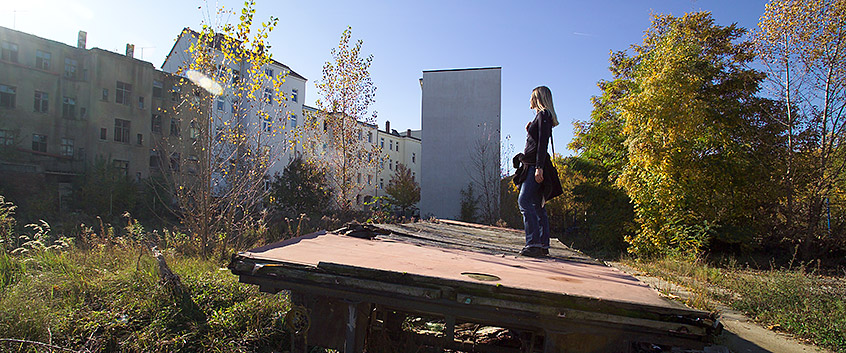
Department of Urban and Environmental Sociology
Modern societies are increasingly faced with the need to cope with environmental risks of their own making. These risks are not only perceived by a concerned public through their immediate environments in everyday life, but especially through different mass media. Contradictory information on these risks often leads to uncertainties for the general public as well as for policy making and administration (such as during the Corona pandemic). One of the central task of sociologically informed research at UFZ is to deliver a better understanding of the related cultural and social foundations in the human-environment relations relevant for a sustainable society and the often risk-laden decision processes involved. Current research of the Department especially focuses on coping capacities (e.g., in face of extreme weather events) and political strategies towards sustainable development in different societal areas and on different scales (region, cities, district).
The Department of Urban and Environmental Sociology at the Helmholtz Centre for Environmental Research – UFZ builds on a rich tradition of scholarship in human ecological research in sociology. Our research is highly interdisciplinary and focuses on different spatial-temporal scales. Besides a broad range of sociological theories our department’s research builds on a variety of methodological approaches ranging from data processing to questionnaire based surveys as well as participant observation methods, data analytics, visualization and statistical modeling. Our department’s disciplinary backgrounds thus also includes expertise from geography, urban planning as well as different environmental sciences. We work closely together with natural and engineering sciences, with numerous research partners across the world, and with policy makers and implementation partners on research projects with a focus on achieving greater sustainability.
We currently work on the following research questions and fields:
What are the socio-demographic drivers of transition processes toward resilient cities? What are success indicators for the energy transition from a social science perspective? How can the challenges posed by demographic change be met in the face of the pressure on land use and infrastructure? How are extreme events such as floods and heat waves as well as pollutants in air and soil related to life quality and health of individuals and social groups? How are crisis situations perceived and what social mechanisms in coping with them are needed? What paradoxical developments (unintended side effects, rebound effects etc.) can be observed in contemporary societies, and how can be dealt with them appropriately?
